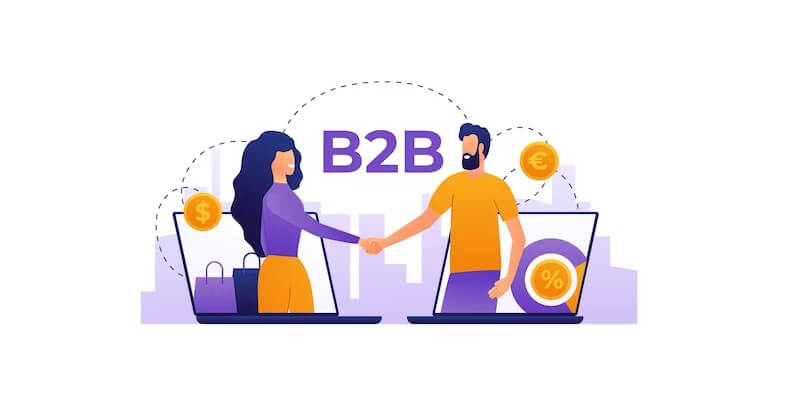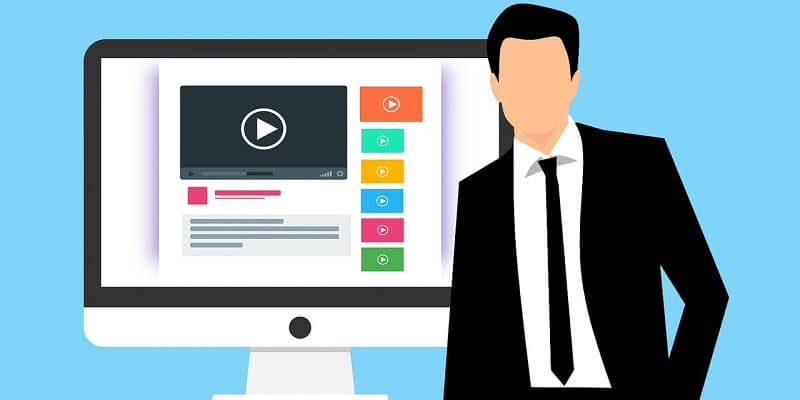The B2B sales cycle is a drawn-out process that involves numerous stakeholders, such as buying committees, procurement specialists, and other stakeholders. Technology developments have altered the B2B sales cycle for buyers and sellers in the past ten years. Digital technology advancements can considerably help your sales teams. Several good software choices are available today to increase productivity and shorten the sales cycle.
You need the correct technology stack to be competitive and a b2b technology marketing service that provides optimization, automation, streamlining, and procedures to maximize your sales potential to stay competitive.
How the B2B Sales Cycle Has Been Affected by B2B Technology Marketing Services
Practically every industry has undergone some kind of shift as a result of technology. The B2B Technology Service provides companies with the technology stack essential for marketing to increase leads and conversions, boost sales, and generate more revenue. Technology has significantly altered the sales cycle for B2B sales organizations in three different ways:
- Customers now have more control.
- Big data have altered the dynamics of the B2B sales cycle.
- Automation and machine learning have significantly increased the effectiveness of B2B sales.
Today’s buyers may obtain a lot more information thanks to technology. Being so linked benefits them in a variety of ways. Thanks to it, they can enter the sales cycle with a great deal more knowledge. Greater information availability paves the way for in-depth conversations and spirited debates, which can alter the course of negotiations.
Although knowledgeable consumers are savvier, overloading information might overwhelm and confuse them. That is a problem that ought to inspire B2B salespeople to reevaluate their approach. It’s best to take a customer-centric approach. Professional B2B technology service providers are adept at gathering customer insights to assist buyers in structuring their messages and weed out pointless information, ensuring that the entire purchasing process makes sense. According to a McKinsey study, businesses that use customer insights into purchasing patterns greatly outperform their sales rivals.
Having Buyer Awareness
Additionally, B2B marketers need to be mindful of the fact that more and more customers are conducting their research on both PCs and mobile devices. Buyers should make sure that their websites are mobile-friendly for this reason. The risk of lacking mobile-friendly websites is that it will be harder for prospects and consumers to access information, negatively impacting their mobile device experience.
Regarding the second issue, the growth of big data has not only expanded the amount of data purchasers have access to but has also given them more flexible research avenues than ever. Buyers use their phones, the internet, email, and videos to research products. The most effective sellers design workflows that can respond to customers on any communication channel.
Finally, B2B businesses are becoming increasingly aware of the advantages of automation and machine learning. By automating routine inquiries and responding to frequently asked queries, digital sales tools increase efficiency. This idea is crucial because it enables B2B salespeople to concentrate more on the sales cycle stages that call for more focused phone calls to close a deal. With the aid of technology and their proficiency in boosting leads, conversion, and sales, B2B technology marketing services assist B2B businesses in reaching marketing and sales goals effectively and efficiently.
How B2B Buyers Have Changed And B2B Technology Marketing Services
The B2B sales process used to be largely linear and predictable across the whole sales journey. According to Gartner, B2B clients nowadays are more likely to do all six of the following purchasing tasks concurrently than in any type of logical sequence:
- Problem identification
- Solution research
- Developing requirements
- Choosing a supplier
- Reassurance
- Establishing consensus
Here are three further ways that technology has altered B2B buyers:
First
They no longer rely on salespeople to advise them on what to buy or provide them with justifications for doing so. B2B buyers have closer ties to the businesses they wish to do business with. They are conducting their research and having more faith in themselves than in the past. Buyers are likely to bring the knowledge they have acquired via their study into the negotiation process.
Second
Buyers are no longer as trustworthy as they once were. They are wary of businesses that bombard consumers with constant intrusive advertisements due to intense competition. Salespeople must invest time in developing relationships and exhibit transparency to win them over and transform them into ardent supporters and lifelong clients.
Third
Marketplaces are more crowded than they used to be. B2B vendors struggle to stand out and grab a lead’s attention. Traditional sales techniques are no longer effective. To succeed with customers in today’s industry, salespeople must adopt a more individualized strategy and guarantee a positive client experience.
Buyers are increasingly taking control of the sales process; so they’re more likely to engage with sellers who make it simple to meet their needs and streamline the sales process.
Examining how your companies need assistance in leveraging technology makes sense in light of the significant shifts in B2B purchasing behavior. The B2B technology marketing service assists businesses in implementing and integrating personalization, technology advancement, and digitization in customer engagement, experience, and satisfaction to increase lead generation, identify the highest-quality leads, shorten the sales cycle, and close deals more quickly.



